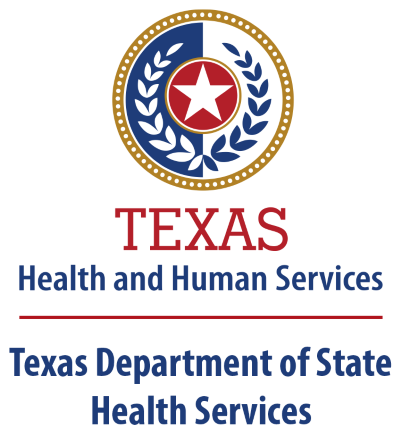What Do I Do If My Insurance Denies Coverage for Rehab?
Facing a denial of insurance coverage for rehab can be disheartening, especially when you’ve made the courageous decision to seek help. At Maverick Behavioral Health, we know how frustrating and overwhelming this situation can feel. The good news is that a denial does not mean the end of your options. With the right information and support, you can appeal the decision, explore alternative resources, and still access the treatment you need to begin your recovery journey. This article will guide you through what steps to take if your insurance refuses to cover rehab services.
Understand the Reason for the Denial
The first step is to carefully review the explanation of benefits (EOB) or the denial letter sent by your insurance company. These documents will outline the specific reason your claim or pre-authorization request was denied. Common reasons for denial include: lack of medical necessity, incomplete documentation, out-of-network providers, or exceeding coverage limits. Understanding exactly why your insurance was denied is crucial because it informs your next steps—whether that’s correcting paperwork, obtaining further documentation, or filing an appeal.
If the reason for denial is unclear or written in complex terms, don’t hesitate to call your insurance provider for clarification. Ask for a detailed explanation and, if possible, request the denial reason in writing. You have the right to fully understand your insurance coverage and the rationale behind any rejection of benefits.
Explore the Appeal Process
If you believe the denial was unjust or based on incomplete information, you have the right to appeal the decision. Every insurance provider has a formal appeals process, and it’s important to act quickly, as deadlines for filing appeals are often limited to 30 to 60 days after the denial.
Start by gathering all relevant medical records, documentation from your physician or treatment provider, and a written statement explaining why the rehab services are medically necessary. This is where your treatment center can offer valuable support. At Maverick Behavioral Health, we work closely with clients to assist in the appeals process by providing clinical assessments, progress notes, and letters of medical necessity.
Submitting a well-documented appeal can significantly improve the chances of reversing the denial. In some cases, you may even request an expedited review if the situation is urgent and delaying treatment could put your health at risk.
Consider Alternative Insurance Options
If your appeal is denied or if your current insurance plan has very limited behavioral health coverage, it may be worth exploring alternative insurance options. Depending on your income level and location, you might be eligible for Medicaid or a state-funded insurance program that includes addiction or mental health services. Some individuals also explore enrolling in a new insurance plan during open enrollment periods or qualifying for a special enrollment due to life events such as job loss.
Additionally, if you are employed, check with your human resources department to see if your employer offers Employee Assistance Programs (EAPs), which may provide temporary support or referrals to treatment services at no or reduced cost. While switching or supplementing your insurance may not provide an immediate solution, it can offer better coverage in the long term.
Ask the Rehab Center About Payment Plans or Financial Aid
At Maverick Behavioral Health, we believe that financial limitations shouldn’t prevent anyone from accessing the care they need. If insurance coverage isn’t available or is denied, our admissions team can work with you to explore alternative payment options. This might include setting up a monthly payment plan, applying for need-based financial aid, or utilizing financing services specifically designed for healthcare expenses.
Many treatment centers, including ours, also collaborate with nonprofit organizations and recovery foundations that offer grants or partial scholarships to individuals who qualify. The key is to communicate openly about your financial situation so the facility can help identify the most appropriate and affordable path forward.
Don’t Let a Denial Stop You from Getting Help
Receiving a denial from your insurance company is undoubtedly a setback—but it does not mean your journey toward recovery must come to a halt. Whether it’s appealing the decision, applying for financial assistance, or looking into other resources, you still have options. At Maverick Behavioral Health, we understand how complicated and emotional this process can be, and we’re committed to standing by your side throughout it. If you’re interested in articles like this then you might want to check out: Are There Any Limits on the Number of Rehab Sessions or Days That My Insurance Will Pay For?
Rehab is a necessary and often life-saving step. Insurance issues, while frustrating, can be worked through with persistence, support, and the right guidance. If you’re unsure what to do next, reach out to us—we’ll help you navigate the system and find the best possible way to get the treatment you deserve. Your recovery matters, and we’re here to make sure that insurance obstacles don’t keep you from the care you need.


